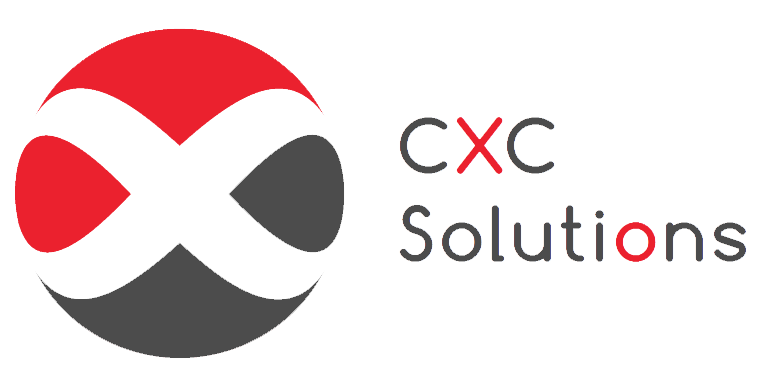Compliance
July 29, 2024
In the bustling environment of benefits trade shows, the term “fiduciary duty” is omnipresent. However, many organizations still grapple with understanding the formal fiduciary structures and […]
February 28, 2024
As of 2021, per the Consolidated Appropriations Act (CAA), Prescription Drug Data Collection (RxDC) is now required for all insurance companies, pharmacy benefit managers (PBMs), and […]
May 1, 2023
By Alan Tran, Digital Content Analyst What are NQTL’s NQTLs, or non-quantitative treatment limitations, are a type of limit on insurance coverage for mental health services […]
November 29, 2022
What are variable hour employees? A variable hour employee is an individual who, upon their date of hire, the employer cannot reasonably determine whether they will […]
May 15, 2019
A self-insured group health plan (or a 'self-funded' plan) is one in which the employer assumes the financial risk for providing health care benefits to its employees. In other words, self-insured employers pay for each out of pocket claim instead of paying a fixed premium to an insurance carrier. There are two primary sources of legal compliance for self-insured health plans: Internal Revenue Code of 1986 (IRS), and the Employee Retirement Income Security Act of 1974 (ERISA).




